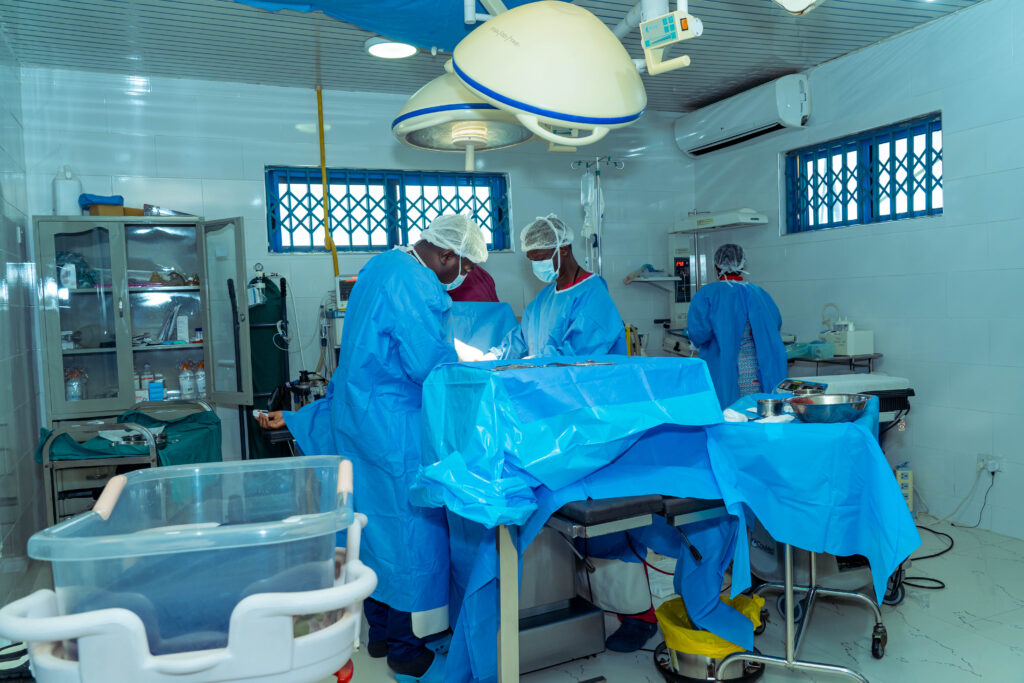Hospitalization
Surgical Patients
- Consultation With The Anaesthetist Doctor
You will need to have a consultation with the anesthetist doctor before any surgery, at this time he, or she, will assess which type of anesthesia is best for you. Your doctor may prescribe certain tests prior to surgery and will explain the type of anesthesia you will receive.
- Consent For Surgery, Procedures And Anaesthesia
When you have been properly informed about your operation, you will be asked to sign a consent form, which authorizes your doctor to carry out the planned procedure. If you have any questions about your surgery do not hesitate to ask your surgeon.

- Things To Remember Prior To Surgery
- You must not eat, drink or smoke for 10 hours before your operation
- You may brush your teeth in this time, but do not swallow the water
- Take off all make-up and nail varnish before coming to hospital
- If you have long hair, tie it back
- Try to pass urine, just before going into surgery
- Once you have taken your pre-surgery medication, do not get up without assistance, as you may be drowsy and risk injuring yourself
97%
Babies Delivered
63%
Clinical Pregnancy Rate
38%
Live Birth Rate
68%
Live Birth Rate
We aim to prevent infection after surgery by making hygiene a priority. We ask you to take 2 showers before your operation (the night before, and the day of surgery), using a special antiseptic soap that we will provide. Shower Technique: use your hands to lather the soap and concentrate on areas such as elbows, under arms, knees and feet. Rinse well and dry yourself well with a clean towel. You do not need to wash your hair if it is clean, unless you are having neck or head surgery. After your last shower, put on a clean hospital gown and lie in a clean bed. If you require shaving, this will be done in the operating room just before your surgery.
It is preferable for to you give any valuables to your friends or family. If not, we can secure them in a safe – your nurse will be happy to assist you. Finney Hospital cannot take responsibility for items not locked in the ward safe.
Your nurse will be able to give you an approximate time of surgery. To properly prepare you for the operation, you will be conveyed to the operating room about 20 – 30 minutes before the scheduled time.
A porter will help you onto a mobile trolley, and your nurse will check your information one last time and escort you to the operating room. Two family members are allowed to escort you to the door of the Operating Theater but not inside, as this is a sterile area.
You will be taken to the recovery room. Here you will be monitored until you are awake and well enough to leave (often for one or two hours). Depending on your operation and condition, you will return to either your room in the ward
After surgery you will be transferred back into your bed where your nurse will monitor your blood pressure, pulse and temperature, assess your pain level and check for any complications.
Please do not attempt to get up without help after surgery – always call for a nurse, as you may become dizzy and risk injuring yourself.
You may have an intra-venous infusion, which enables us to give you fluids and medications easily and drains, catheters or tubes, which your nurse will explain.
Tell your nurse or doctor about any of the following:
- Any pain you may be suffering – you may need more pain medication
- Pain or difficulty passing urine
- Pain when you breathe in or out
- Pain in your calves
- Nausea or vomiting (common side effects of anaesthesia)
- Any other troubling symptoms.
Most operations require that you do not eat or drink for a period of time. You can rinse your mouth with water but cannot swallow. Your nurse will tell you when you will be allowed to eat and drink.
Your Surgeon or a member of the surgical team will visit you once or twice a day depending on your condition, and evaluate your general progress, until you leave hospital. An anaesthetist will also visit you daily to care for your pain and hydration needs, until you no longer require his or her care.
